15 GPTs for Weather Tracking Powered by AI for Free of 2026
AI GPTs for Weather Tracking are advanced generative pre-trained transformers specifically developed or tailored for tasks related to weather tracking and analysis. These tools leverage the power of AI to process and interpret vast amounts of weather-related data, providing accurate forecasts, real-time weather updates, and climate analysis. Their relevance lies in their ability to offer customized solutions for a wide range of applications, from personal weather updates to professional climate research, making them indispensable in the field of meteorology.
Top 10 GPTs for Weather Tracking are: Safe Haven Advisor,Golf Weather+,Surf Scout,🌊 Surf's Up Forecast Buddy 🏄,River Guide,Wirral Weather Now And Then,Weather Poet,🌊 Surf's Up Wave Master 🏄♂️,诗意气象,Thermometer
Safe Haven Advisor
Your AI-Powered Safety Companion

Golf Weather+
Perfect your game with AI-powered weather insights.

Surf Scout
Catch the perfect wave with AI

🌊 Surf's Up Forecast Buddy 🏄
AI-Powered Surf Forecasting at Your Fingertips
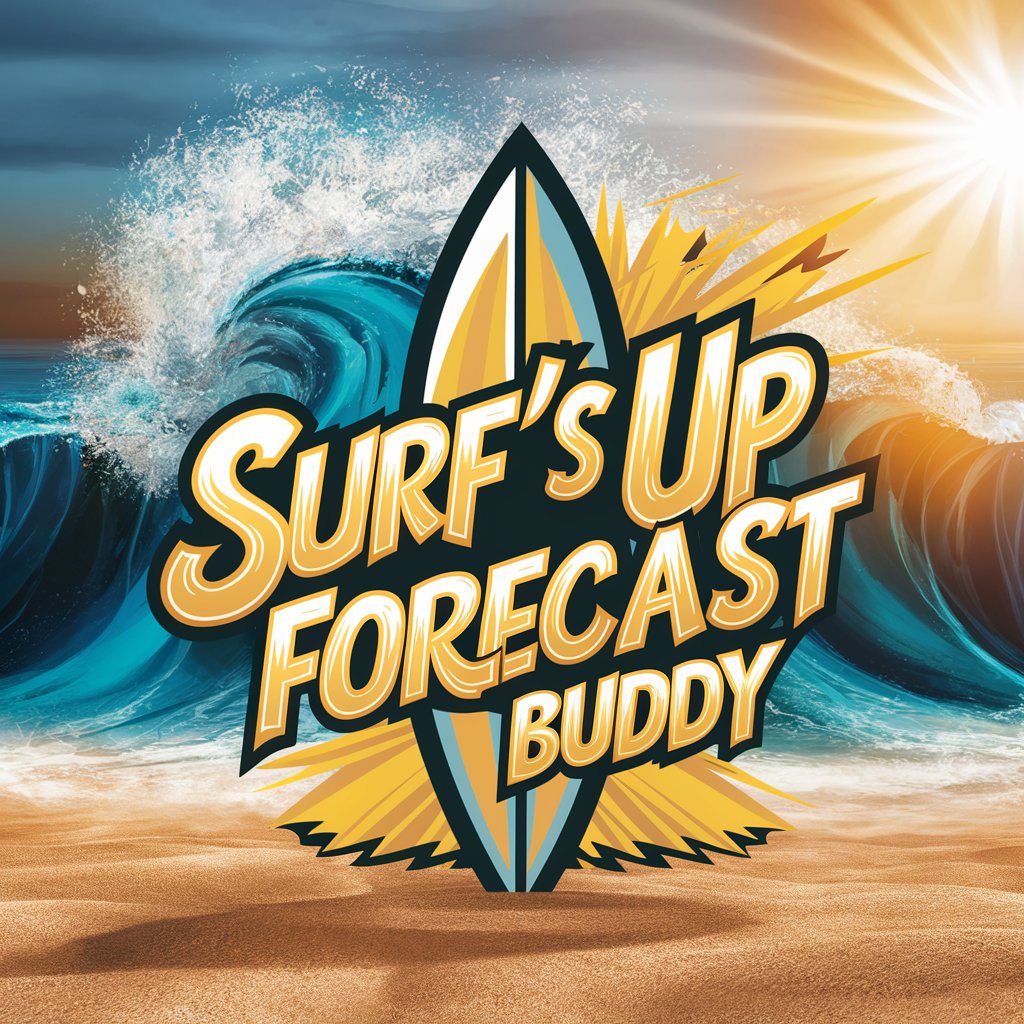
River Guide
Optimize Your Catch with AI

Wirral Weather Now And Then
Unlock the Past, Present, and Future of Weather
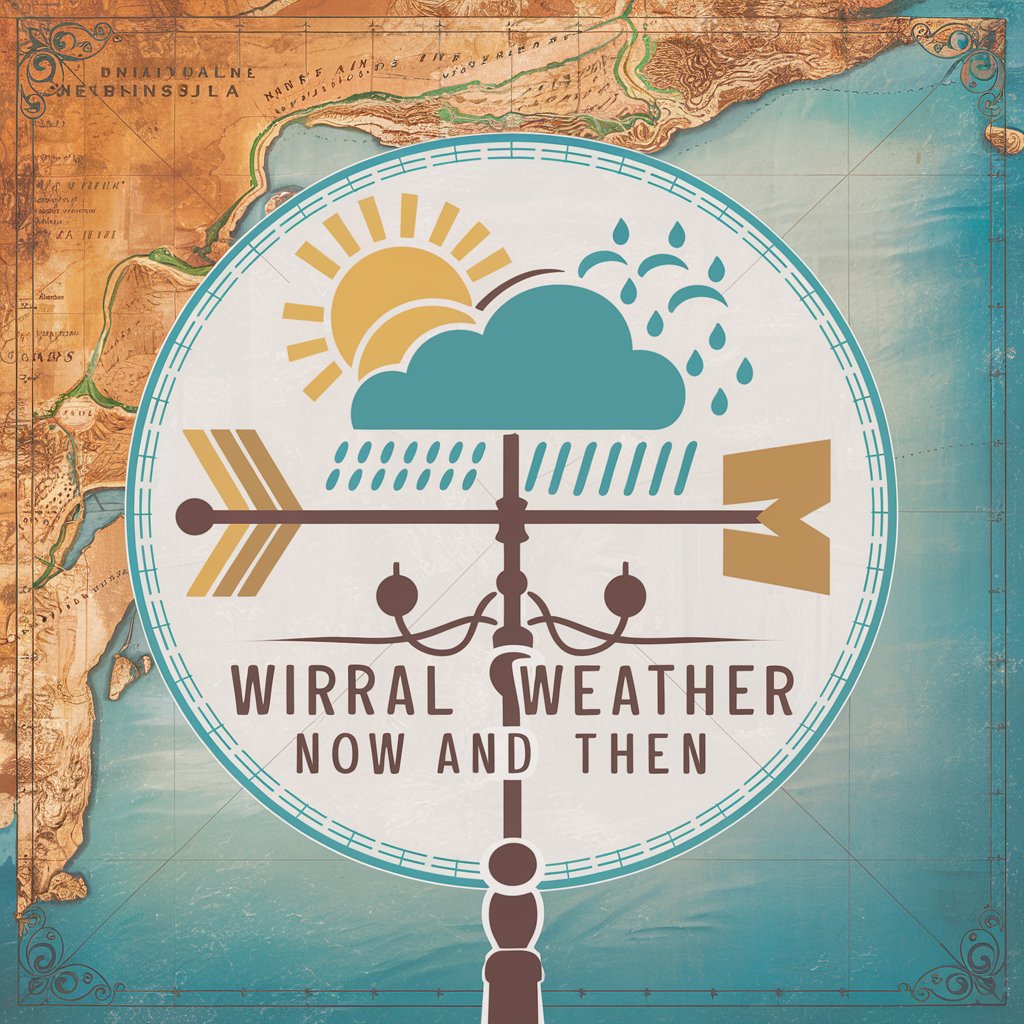
Weather Poet
Forecast Fun, Delivered in Rhyme!
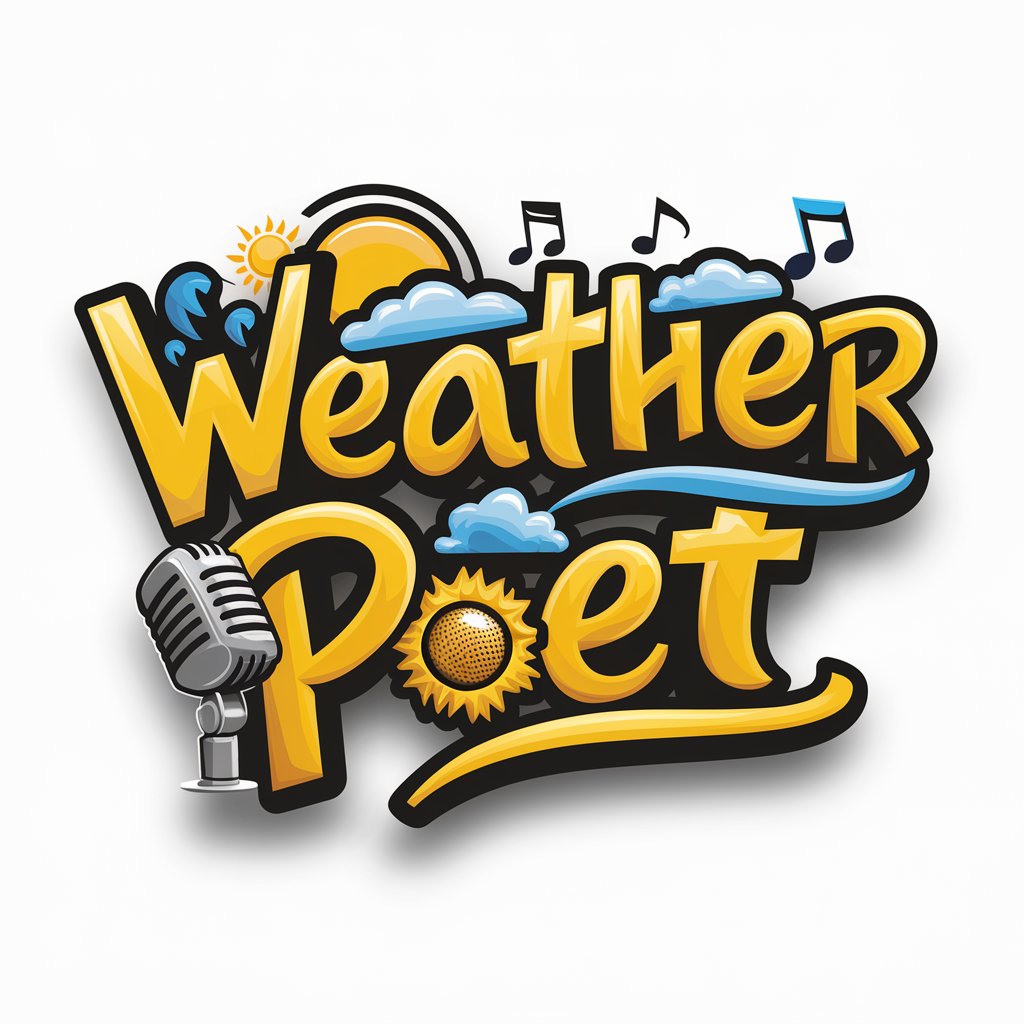
🌊 Surf's Up Wave Master 🏄♂️
Catch the perfect wave with AI-powered forecasts.

诗意气象
Merging weather and poetry with AI

Thermometer
Explore Temperature with AI

Saint George Angler Assistant
Cast smarter with AI-powered fishing insights.

PHP SimpleXML Pro: Unleash XML Data Power
Streamline XML with AI-driven insights
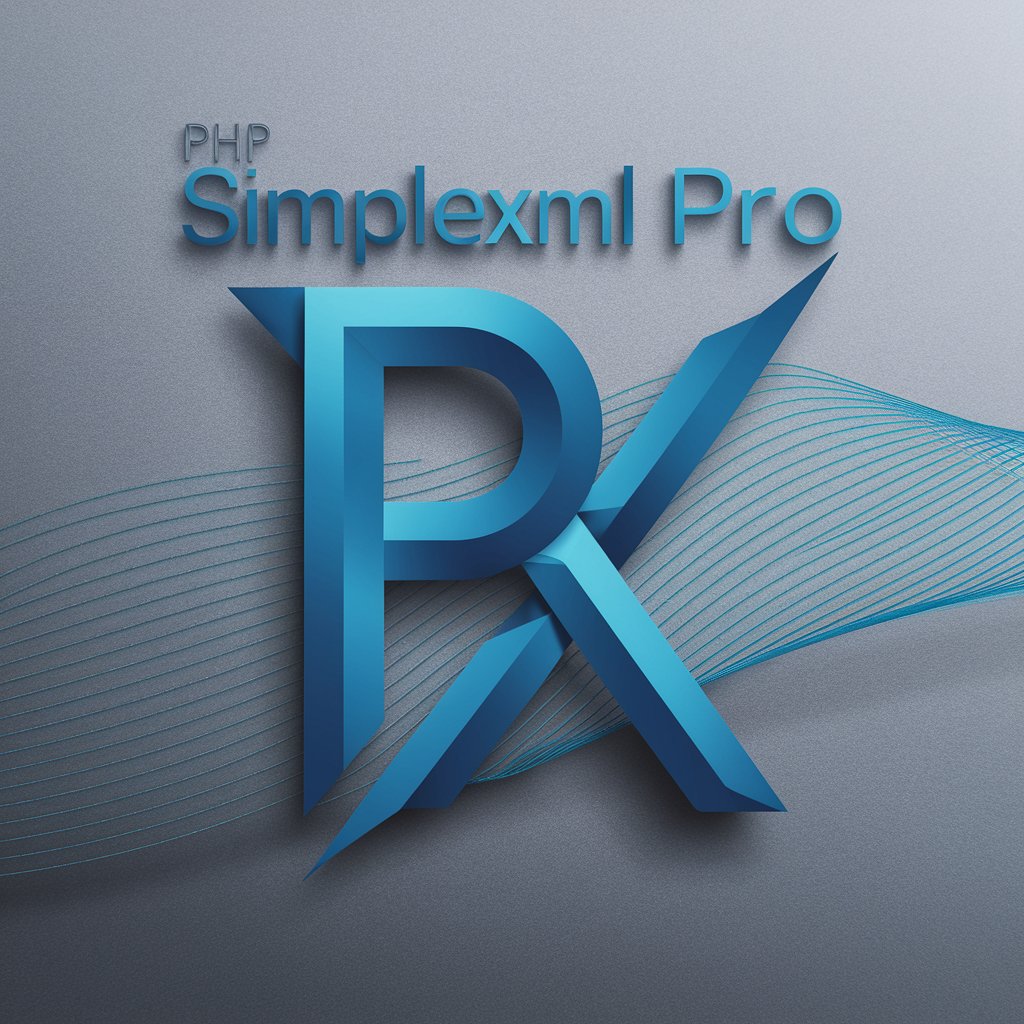
SporeSight
Harness AI for Smarter Mushroom Foraging

Allergy Alert
Breathe Easier with AI-driven Allergy Forecasts
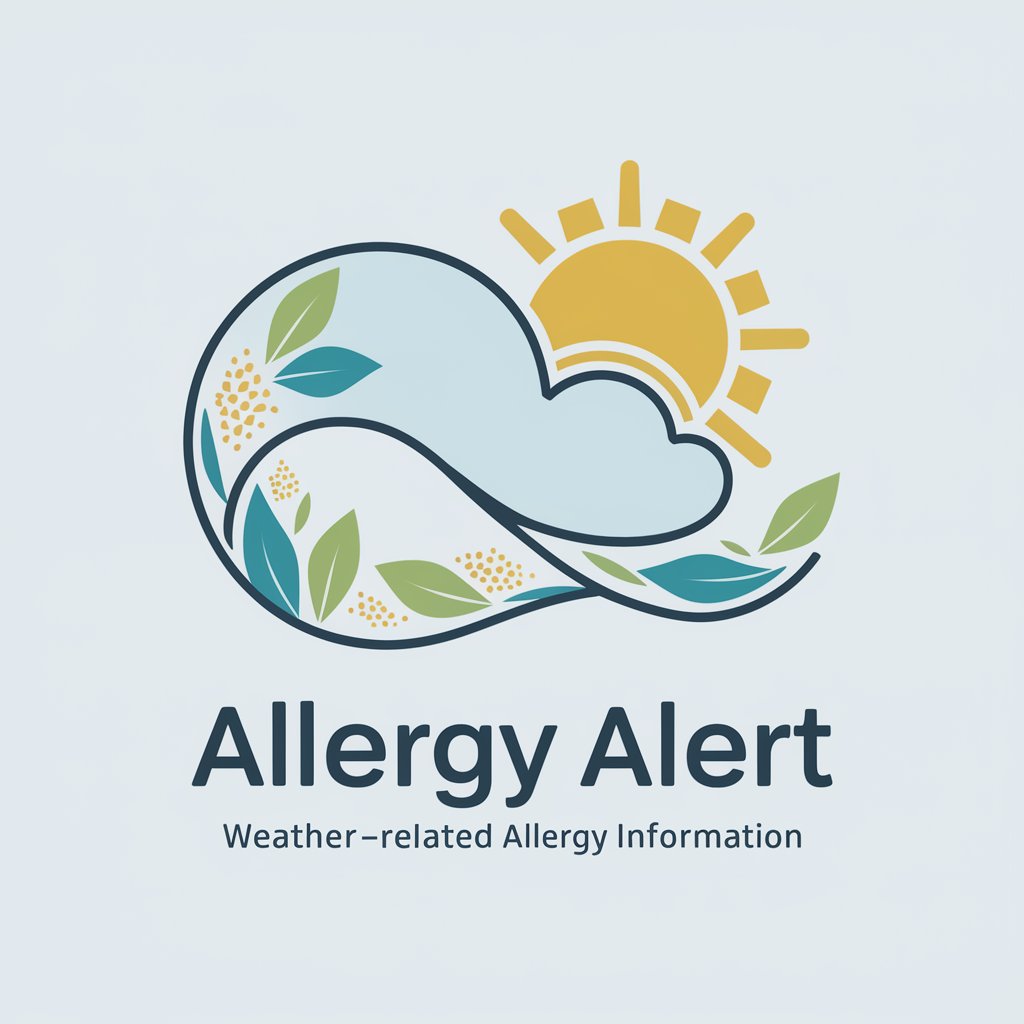
Swiftly Craft Stunning iOS 14 Widgets
Craft intuitive, AI-powered iOS 14 widgets.
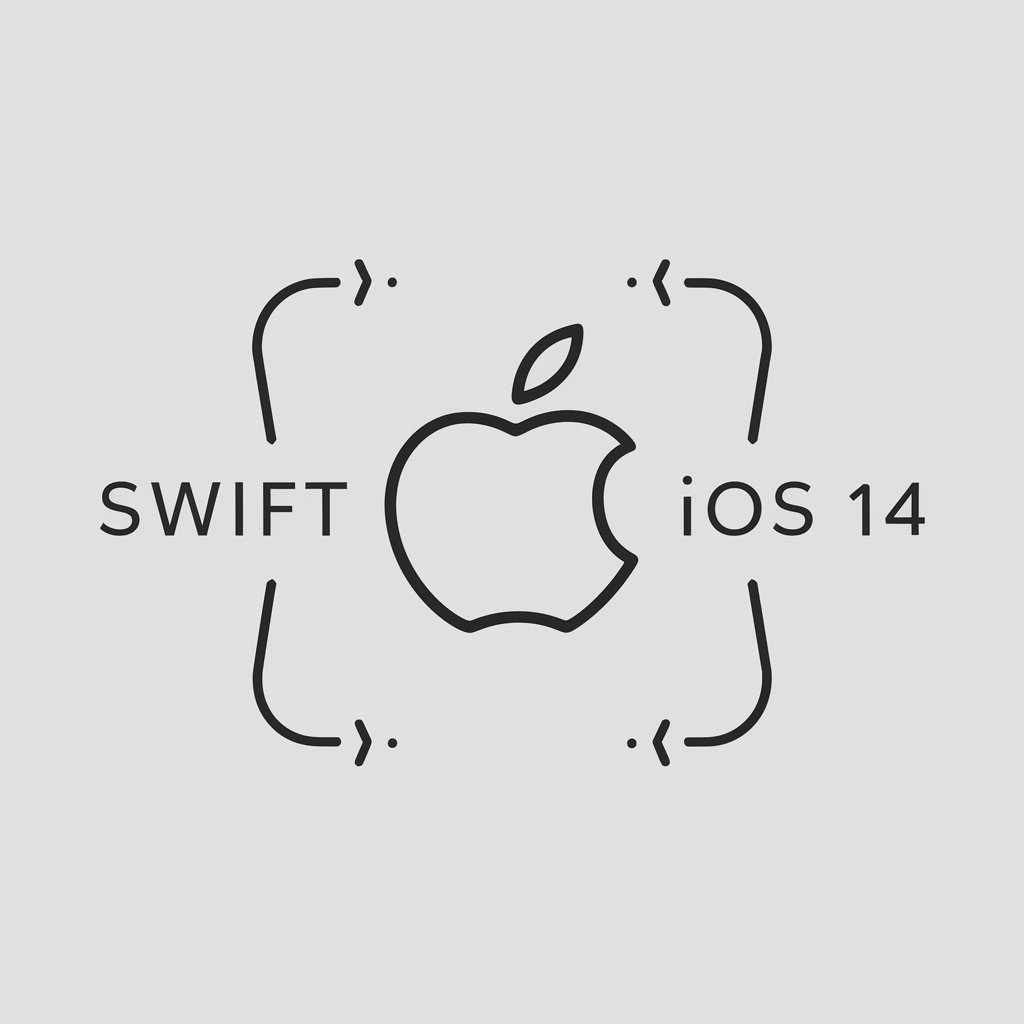
Key Attributes of Weather-Specific GPTs
These AI GPT tools for Weather Tracking stand out due to their adaptability, capable of performing a spectrum of functions from delivering basic weather forecasts to conducting complex climate modeling. Unique features include natural language processing for intuitive interaction, advanced data analysis for accurate predictions, image creation for visual weather representations, and web searching capabilities for gathering real-time data. Their technical support extends to developers, enhancing the tool's functionality within the Weather Tracking domain.
Who Benefits from Weather-Oriented AI Tools
AI GPTs for Weather Tracking cater to a diverse audience, including weather enthusiasts, meteorologists, climate researchers, and emergency planners. These tools are designed to be user-friendly for novices without coding skills, while offering extensive customization for developers and professionals in the field, ensuring accessibility and utility for a wide spectrum of users interested in weather and climate.
Try Our other AI GPTs tools for Free
Network Selection
Discover how AI GPTs for Network Selection leverage machine learning to optimize network paths and configurations, ensuring superior performance and efficiency.
Identification Aid
Discover how AI GPTs for Identification Aid revolutionize identity verification with advanced AI, offering secure, efficient, and adaptable solutions for a range of applications.
Living Conditions
Explore how AI GPTs are revolutionizing the analysis and improvement of living conditions, offering insights, predictions, and personalized advice to enhance life quality.
Retrospective Insight
Discover the power of AI GPTs for Retrospective Insight, transforming historical data analysis with advanced AI, tailored for everyone from students to professionals.
Project Insights
Discover how AI GPTs revolutionize project insights with advanced analytics, risk assessment, and predictive capabilities, tailored to enhance decision-making and project outcomes.
Course Planning
Discover how AI GPTs transform Course Planning with advanced, tailored solutions. Streamline curriculum design, enhance learning outcomes, and embrace the future of education.
Expanding Horizons with AI in Meteorology
AI GPTs for Weather Tracking represent a significant advancement in meteorology, offering more accurate and personalized weather services. Their integration into existing systems enhances data analysis and decision-making processes, with user-friendly interfaces ensuring accessibility for a broad audience. These tools exemplify how AI can be tailored to meet specific sector needs, promising substantial improvements in weather prediction and climate research.
Frequently Asked Questions
What exactly are AI GPTs for Weather Tracking?
AI GPTs for Weather Tracking are specialized AI models designed to analyze, predict, and interpret weather data using advanced algorithms and natural language processing.
How do these tools improve weather forecasting?
They process vast datasets more efficiently than traditional methods, improving accuracy and providing real-time updates and long-term forecasts.
Can non-experts use these AI tools effectively?
Yes, these tools are designed with user-friendly interfaces that require no coding knowledge, making them accessible to anyone interested in weather information.
Are there customization options for professional use?
Definitely, developers and professionals can access advanced features and APIs for custom solutions, integrating these tools into their workflows or research.
What makes these GPTs different from standard weather apps?
Unlike standard apps, these GPTs offer more detailed analyses, personalized forecasts, and the ability to process and interpret complex weather data sets.
Can these tools predict extreme weather events?
Yes, by analyzing historical and real-time data, they can forecast potential extreme weather events with a higher degree of accuracy.
How do they handle data from different sources?
These tools are designed to aggregate and analyze data from various sources, ensuring comprehensive coverage and accuracy in predictions.
Are there any limitations to using AI for weather tracking?
While highly effective, these tools may sometimes face challenges with extremely unpredictable weather patterns or limited data scenarios.